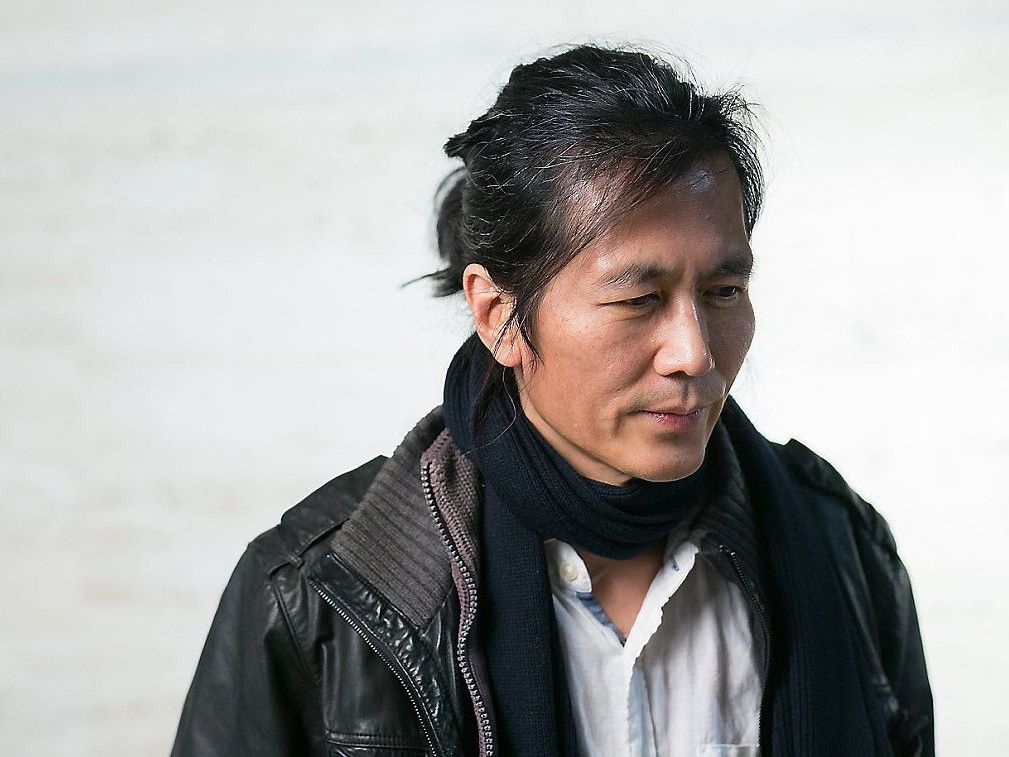“His work reveals an extraordinary ability to communicate new ideas in a precise and direct way, incorporating philosophical traditions from the East and the West,” wrote the jury in the minutes of the decision to award the prize to Byung-Chul Han.
For the members of the jury, Byung-Chul Han's “analysis” is “fertile and provides explanations on issues such as dehumanisation, digitalisation and the alienation of people”.
“His intercultural outlook sheds light on complex phenomena in the contemporary world and has found a wide resonance among audiences of different generations,” the jury added in the same text.
Born in Seoul in 1959, Byung-Chul Han studied German literature and theology at the University of Munich and philosophy at the University of Freiburg (both in Germany).
“Considered one of the most outstanding contemporary philosophers, Byung-Chul Han has devoted his reflections above all to what he calls the “society of tiredness” and the “society of transparency”, as well as to the concept of “‘shanzhai’, a neologism with which he identifies the modes of deconstruction in the contemporary practices of Chinese capitalism,” reads a statement released by the Princess of Asturias Foundation, a Spanish organisation based in Oviedo, in northern Spain, which annually awards eight prizes in various fields.










